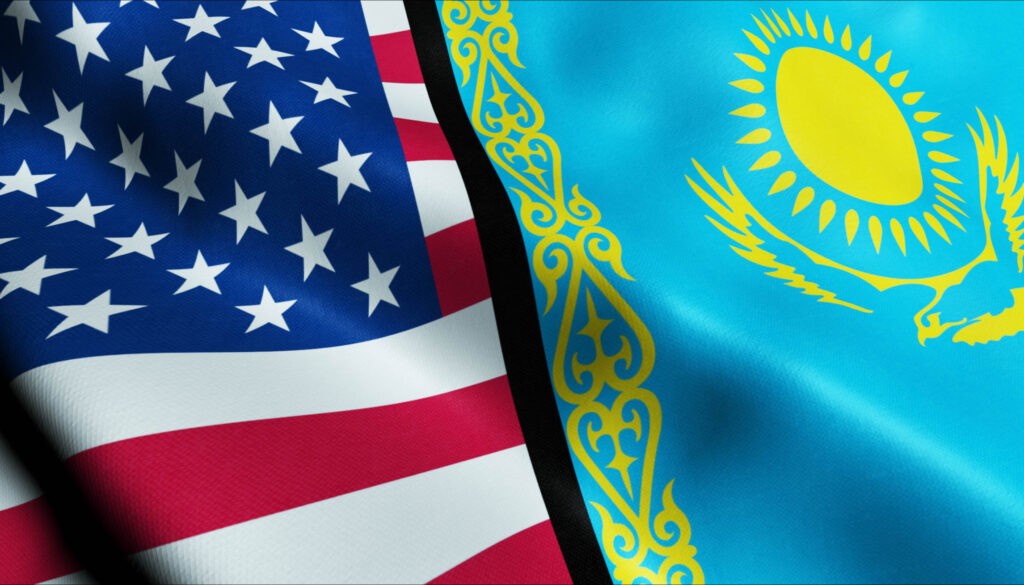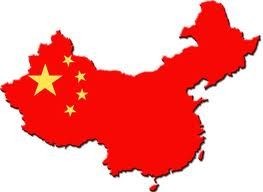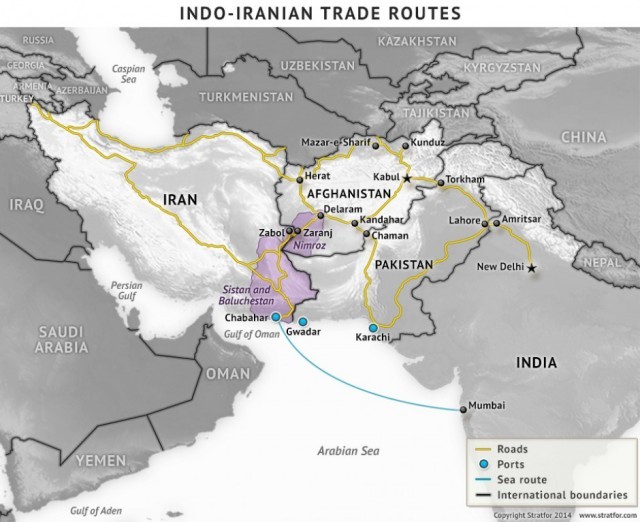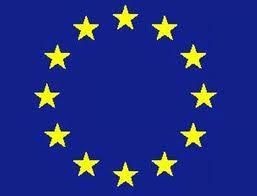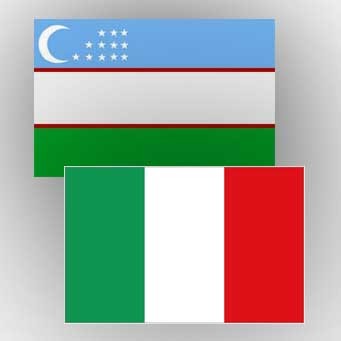U.S.-Kazakhstan Relations: Trade Revenue Has Risen to Record Highs, But Investments From U.S. Side Have Fallen
According to Kazakhstan's Bureau of National Statistics, at the end of 2023 in Kazakhstan there were more than 50,000 enterprises with joint and foreign ownership. The number of legal entities and subsidiaries from the U.S. increased by 10.5% annually, with that number reaching 495 organizations. The lion's share falls to wholesale and retail trade, and parts for cars and motorcycles. Investors and businesses from the U.S. also open in Kazakhstan companies in the fields of professional, scientific and technical activity, as well as information technology and telecommunications. Slightly less activity is found in the financial, industrial, education and construction spheres. Most of the companies are located in the cultural capital of Almaty -- or the financial and political capital, Astana. Enterprises are also based in regions oriented towards extraction of energy and minerals, such as Atyrau, Karaganda and Mangistau. 2023 U.S.-Kazakhstan bilateral trade turnover reached a record high of $4bn, an increase of one-third over 2022. The main goods sent to the USA are oil, ferroalloys, sulfur, phosphorus, tantalum, lead, and uranium. Kazakhstan buys airplanes, cars and engines, medicines, as well as poultry meat and other products. Despite the positive trade figures, investments have decreased slightly. For 2023 they amounted to more than $3bn, which is half of what it was a year ago. The Kazakh Ministry of Foreign Affairs has reported that the U.S. is still among the three main investors in the Kazakh economy, along with the Netherlands and Switzerland. A special place in the relations between the two countries remains for international exchange programs. The most popular is Work & Travel, under which Kazakhstani students can go to the U.S. to work. Some end up staying for permanent residence. "My dream since childhood has been to go to America. And five years ago I took part in the Work & Travel program. I went to Wisconsin. I worked hard in order to earn as much as possible and then go to New York. I'll tell you right away, from the first day I was delighted. Of course, I was very tired, there were a lot of insurance costs and so on. But from the very first days I realized that I wanted to stay here. I like the high standard of living in the country. You can see it in medicine, culture. After the program ended, I really missed that life and travel. But I was able not only to realize my dream [of visiting], but even more -- to move. Now I have [received] my diploma, I work as an administrator in a medical center. A year ago I got married. I have big plans," said Indira Akhmetova, a former migrant worker. She has been living in the United States for seven years, got married and received American citizenship. A few issues that do weigh on Indira's American life are the expensive medical care and taxes compared to Kazakhstan. "It's scary to get sick here. If you don't have insurance, you have to pay for years...


